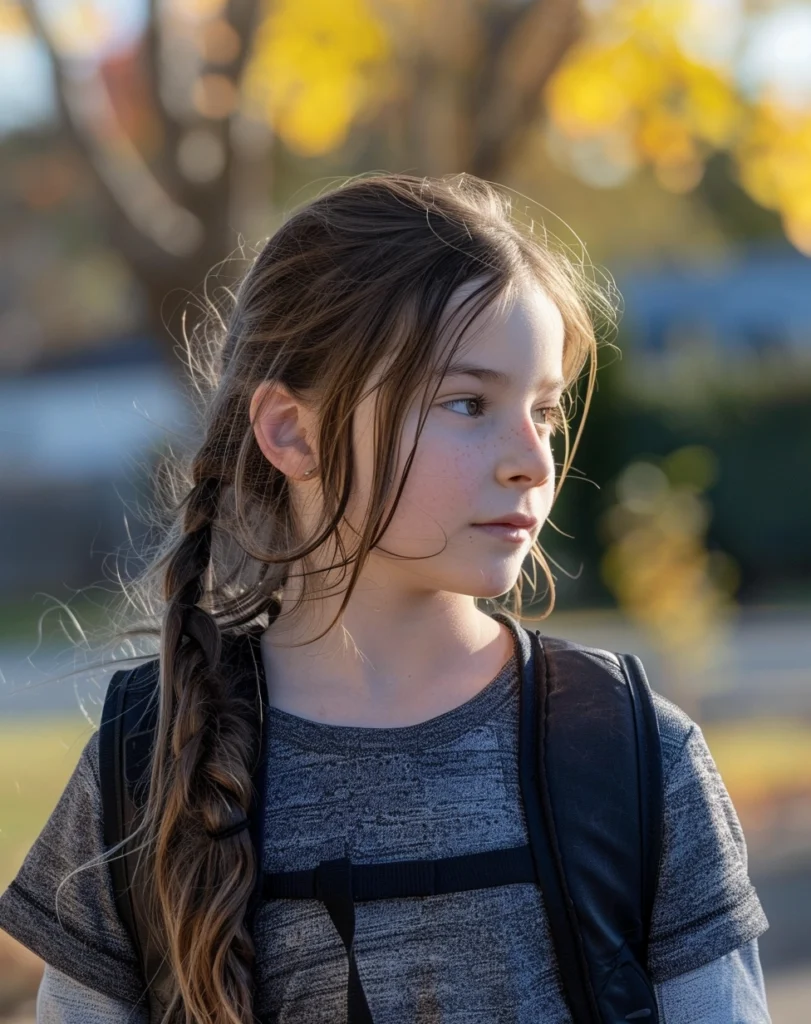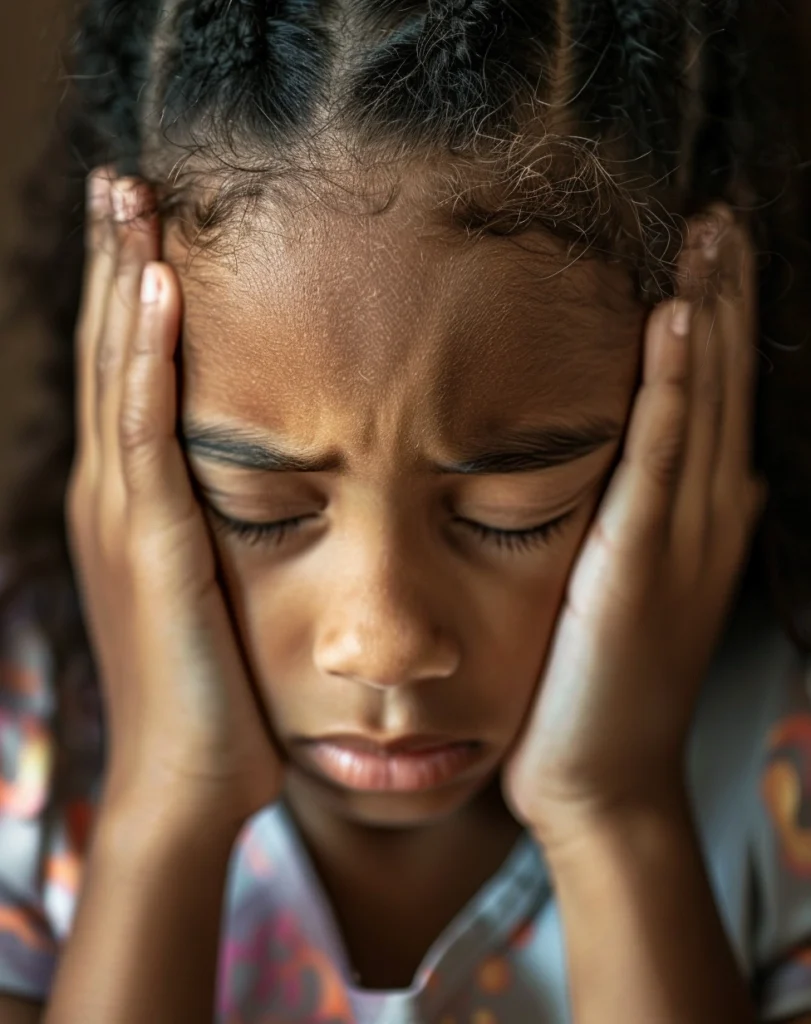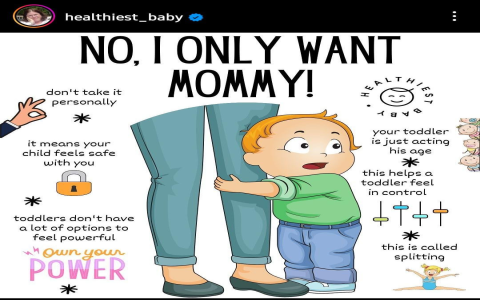Alright, let me share what I’ve been going through with my 10-year-old. It feels like one day she just woke up and BAM! Emotions everywhere. We’re talking tears over homework, meltdowns if her favorite show isn’t recording, or sudden anger if her brother looks at her funny. It’s been a real learning curve, let me tell you.

My First Reactions Were… Not Great
Honestly? At first, I was just confused. And a bit frustrated, if I’m being totally real. I’d try to fix it. You know, “Don’t cry, it’s okay,” or “It’s not a big deal.” That kind of thing. Spoiler alert: that did NOT work. It usually just made things escalate. I felt like I was walking on eggshells. One minute she’s laughing, the next, a full-blown drama over who got the bigger piece of cake. I just didn’t get it.
Figuring Things Out – The Hard Way
So, I had to switch gears. My old playbook wasn’t cutting it. I started by just trying to observe more and talk less. When she’d get upset, instead of jumping in with solutions, I just tried to be there. Sometimes I’d just sit with her. Other times, I’d say something like, “Wow, you seem really upset right now.”
I also started thinking about what else could be going on. Ten is a weird age, right? They’re not little kids anymore, but they’re not quite teenagers. I figured there’s probably a whole mess of things happening:
- School pressure starting to ramp up.
- Friendship dynamics getting more complicated.
- And yeah, probably those lovely early hormones starting to make an appearance.
It’s a lot for them to handle, and they don’t always have the words or the skills to manage all those big feelings. I realized she wasn’t trying to be difficult; she was having a difficult time.
What I’m Doing Now – My “Practice”
So, my “practice” now is all about validation and connection. When she’s melting down because her drawing didn’t turn out perfect, I try to acknowledge her feeling first. “I can see you’re really frustrated with your drawing. It’s so annoying when things don’t go how you want them to.” It doesn’t mean I agree that a slightly smudged drawing is a catastrophe, but I can agree that feeling frustrated is valid.

I also try to make more time for one-on-one stuff, just us. Doing something she enjoys, where there’s no pressure. Sometimes just going for a walk and chatting about random things helps her open up, or just feel more connected and secure.
Patience is the big one I’m constantly working on. It’s tough. Some days I’m better at it than others. There are still moments I want to pull my hair out. But I try to remind myself that this is a phase, and she needs my understanding more than my lectures right now.
I’ve also been encouraging her to find ways to express these big feelings. Sometimes it’s drawing, sometimes it’s writing in a journal, sometimes it’s just needing to vent to me without me trying to “fix” it for her. Just listening, really listening, seems to be the most powerful tool I’ve got. It’s not about having all the answers, because I definitely don’t. It’s about letting her know she’s not alone with these big, overwhelming emotions.
It’s an ongoing process, for sure. Some days are smoother, some are like navigating a minefield. But I think focusing on understanding her world and her feelings, rather than just trying to stop the tears, has made a bit of a difference. It’s a marathon, not a sprint, this parenting gig, especially during these tricky years.









